Journalist Greg O'Brien shares his experiences with an early-onset Alzheimer's diagnosis and writing a book on living with the disease.Journalist Greg O'Brien shares his experiences with an early-onset Alzheimer's diagnosis and writing a book on living with the disease.
As one of ten kids, journalist Greg O’Brien became a caregiver for his parents after his mother was diagnosed with Alzheimer’s and his father began demonstrating signs of dementia while also battling cancer. Later, O’Brien suffered two traumatic head injuries and began recognizing the early signs of cognitive decline in himself. He received a diagnosis of early-onset Alzheimer’s at age 59.
He also discovered he carries two copies of the ApoE4 gene, which could increase your lifetime risk of developing Alzheimer’s by more than 90 percent.
O’Brien is a journalist with over 35 years of experience as a newspaper and magazine editor, writer, investigative reporter and publisher. Inspired by both his mother and the denial and silence he saw surrounding the discussion around Alzheimer’s, O’Brien put his writing skills to use in On Pluto: Inside the Mind of Alzheimer’s, sharing his experiences with the disease and offering advice on living with Alzheimer’s as well as caring for those afflicted by it.
O’Brien shares his journey through diagnosis and daily life, the influence behind his decision to write about Alzheimer’s and advice for those living with Alzheimer’s.
Recognizing Early Signs of Alzheimer’s
Being Patient: You are an author and a journalist, and most recently wrote On Pluto: Inside the Mind of Alzheimer’s to speak about your journey with this disease. Why did you decide to write a book?
Greg O’Brien: Alzheimer’s took my maternal grandfather, and my mother, and my paternal uncle, and before my father died, he too was diagnosed with dementia. I was diagnosed eight or nine years ago, and I started noticing the symptoms because I was the family caregiver—I’m one of ten kids—for my parents, and dementia scared the hell out of me.
I didn’t want to talk about it because I had to take care of them, but I’ve written for papers around the country as a political and investigative reporter, and you have to multitask to do that, and when you can’t do that you can’t do your job. So, I reached out for help from some good doctors that I knew and had the brain scans and SPECT scans and all the clinical tests.
Being Patient: Was that the first sign that something was wrong with your memory, the fact that you became less productive with your profession and with your work?
Greg O’Brien: Yeah, it was taking me longer, I couldn’t connect dots, I was forgetting things all the time. As you know, there’s a difference between forgetting where you put your car keys and not remembering that you have a car. I wrote about this in my book, but in Cape Cod we take our trash to the dump. I had a yellow Jeep and I took my trash to the dump, and then I sat there and said, “Okay, how do I get home?”
I said, “Well okay, I can call my wife, I can call my sons, I can call my daughter,” because my yellow Jeep 4-door was standing right in front of me, and at that moment my brain would not tell me that was my car.
Being Patient: At that moment when you couldn’t remember how to get back home in the yellow Jeep, was that the turning point where you said, “I need to find out what’s going on?”
Greg O’Brien: Yes, and there was one moment which I write about in my book that scared the crap out of me. I was on a road that I’ve known all my life, and at the intersection there was this red and white sign that my brain would not tell me was a stop sign, and I went through it. Now that was probably a God moment telling me that that was a problem, because there were cars. I didn’t hit anything, but the horns went crazy and I realized that I had to get help.
Living with Alzheimer’s
Being Patient: Tell us about that moment when you went to the doctor’s.
Greg O’Brien: I remember sitting in my neurologist’s office with my wife outside of Boston, knowing likely what was going on. He gave me the diagnosis, and I remember sitting there holding her hands, the tears streaming down my face, and I turned to her and said, “What about the kids?” because this disease is about the kids, my time will come and go. I also have prostate cancer which I’m not treating; it’s my exit strategy. I’m in this fight because it’s taken my family, but I’m also in this fight for everyone’s kids.
Hopefully as a journalist the strategies that I’ve learned can be a blessing. This is a disease that can take 20–25 years to run its course and can start in your brain when you’re in your 40’s without symptoms. I probably got my diagnosis 10 years before anyone else would because of my family background and being scared. Most people would just hide and not tell anyone. A lot of times my life really sucks right now, but I’m trying to teach people how to live with Alzheimer’s while doctors race for a cure. That’s what my journey has been about.
Being Patient: We’ve talked to a lot of people with dementia who say that the hardest part is the stigma, suddenly you’re cast as a person with Alzheimer’s. Did you go through that?
Greg O’Brien: I did, but what helped me was my mother. My dad was in denial, but my mom talked about Alzheimer’s. She knew that I had the symptoms, and we took our Aricept together at times. Like me she was a fighting woman and she could speak up until the end. She taught me something that I think is important—and I’m not proselytizing here—she taught me how to write and speak from the heart when the brain fails, and I believe the heart is the place of the soul.
I’ll never forget the day my mother died, I got a call from the nursing home, they said she was very scared and I should be there, and I was only a few miles away. I sat down, I held her hand, and I said, “Mom, I’m not going anywhere, we’re going to ride this one out together.” I held her hand until she fell asleep and kissed her on the forehead, and she never woke up again. I walked out of that room that night and something in my soul said, “We’re going to start to talk about this,” and that was the impetus for Pluto.
Being Patient: Is there something you want people to know about this disease and dealing with an affected family member?
Greg O’Brien: KIS, keep it simple. To me, that’s a four-letter word: love. My advice to anyone is to show love. Love is shown in body language, it’s shown in touch, it’s shown in how you care. Let them know that you care and let them know that you fear that someday you could be in those shoes, because that could be anyone’s story. Let them know they’re not alone. That’s why I called my book “On Pluto”: because it’s the perfect metaphor for Alzheimer’s and the desolation and the isolation.
I had to invent a place for when I drifted out, which I do, so I could go and tell people where I was, and I’d say to people, “I’m on Pluto.” That’s what it’s like: you just drift.
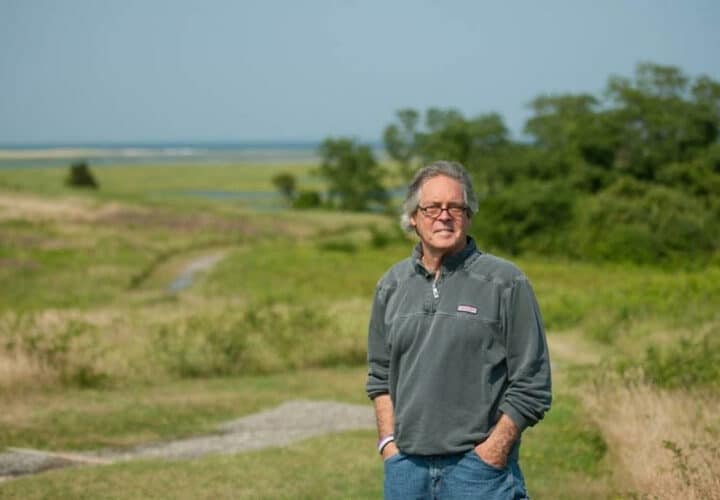
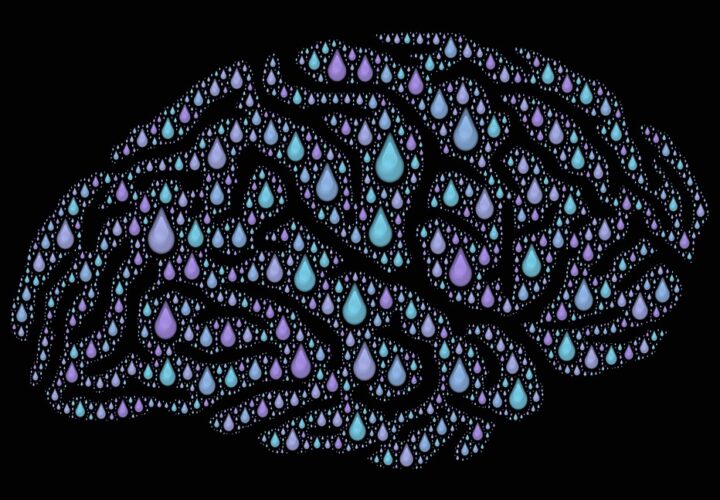
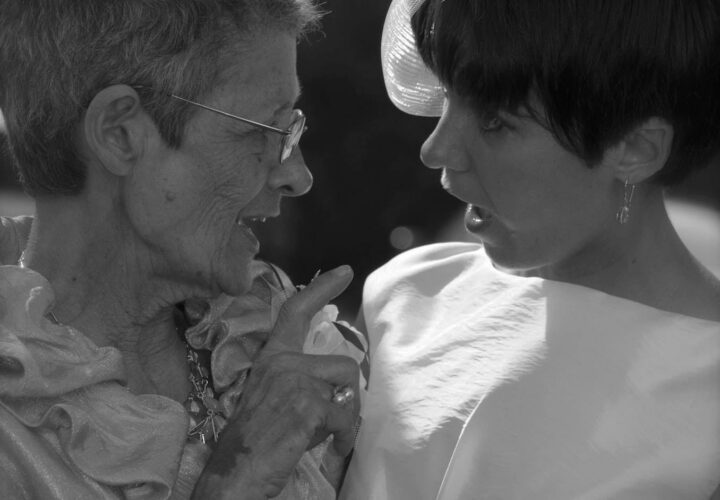
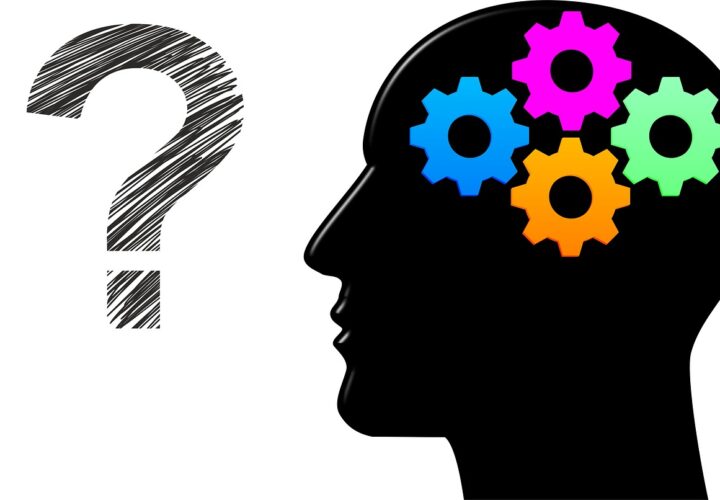
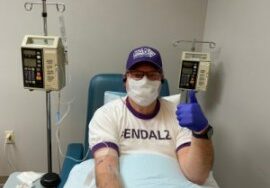
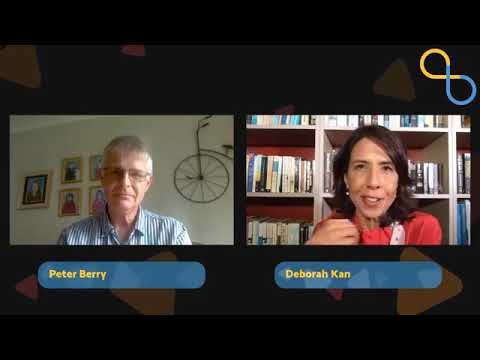
Your interview with Greg O’Brien was so good: so real, insightful, informative, helpful, moving. It was very painful for me to watch and hear him describe what he’s experienced and struggling with. I don’t know Greg real well, mostly several meetings at the UsAgainstAlzheimer’s Summit each year and then lots of emails and calls when I was working with him on his contribution to our Dementia Friendly-Worship handbook (can you imagine presuming to edit Greg O’Brien?). But, I love him. As you know, that’s not hard to do. But it makes it so hard to step into his world, even for a moment. I almost stopped a few minutes in but I’m glad I continued to hear about his Post Mortem Ph.D. from Harvard. I almost wet MY pants! This interview will be so beneficial for so many and I just wanted to thank you for talking with Greg.
Amazing story, but sad. Atleast you’re fighting and writing. I’m a writer myself and I write about my husband’s diagnosis, first “mild dementia” and later, “Alzheimers can’t be ruled out.”
I have a very dear and close friend with ALZ. I recognized some changes prior to her diagnosis. She didn’t recognize our friendship and the depth of our closeness. Her eyes were empty. Another time years later she could not fry a scrambled egg. I grew concerned and my heart stopped. I knew. She was “In Pluto” but didn’t know what that was. How could this possibly happen to my friend. How could I fix it. Now I live each day wondering why her and not me. Will it eventually happen to me. When will I know, if I don’t know I can’t remember? Must I wait for others to tell me I don’t know them.?? So my plan is to run and play and laugh and give while I can remember I did it all. I can recollect what I did and where I was when I did it. This awful disease robbing my friend of her memory makes me very angry, very sad, and very helpless, and worst of all depressed because of it. How can I not be depressed? It would be totally unfair to be so shallow to think everything is ok. That is not me.
At this stage, 4 or five, I understand I don’t need to be an historian to keep loving what I still have..family of friends, my garden, flowers, birds, art and the joy of living
Loved reading this article. I feel like I’m on the edge. I know I’ve lost some memory, so I’ve told friends & family. My husband said he didn’t want to take care of me, after 50 plus years of marriage, so we divorced. My sister is living with me. So far I’m OK. Yes I’m taking pills.